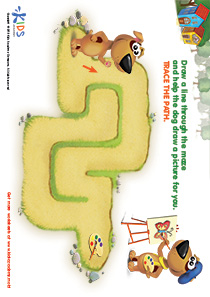Fine Motor Skills Logic and Early Math Worksheets for Ages 4-9
5 filtered results
-
From - To
Enhance your child's fine motor skills while exploring early math concepts with our engaging worksheets designed for ages 4-9. Our collection uniquely combines logic challenges and math exercises, offering children the opportunity to strengthen their dexterity through fun and interactive activities. As kids trace, color, and manipulate shapes, they develop essential hand-eye coordination and cognitive abilities. Each worksheet is aligned with educational standards, making it a perfect resource for parents and teachers alike. Foster a love for learning in your child today by exploring our fine motor skills logic and early math worksheets, and watch them thrive academically while having fun!
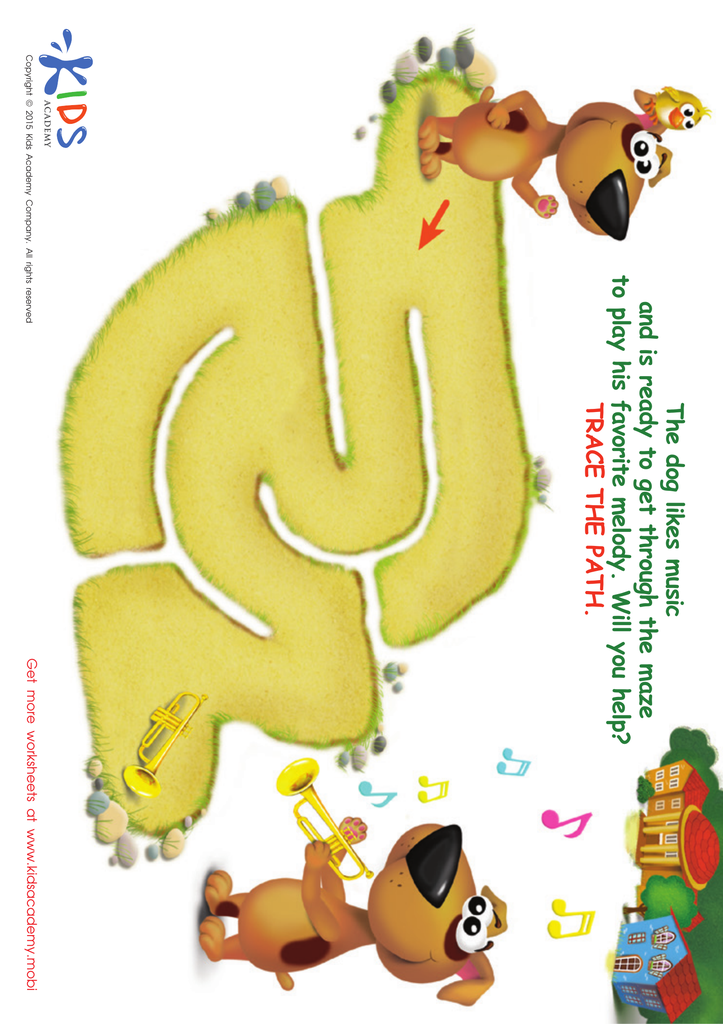

Trumpeter Maze Worksheet
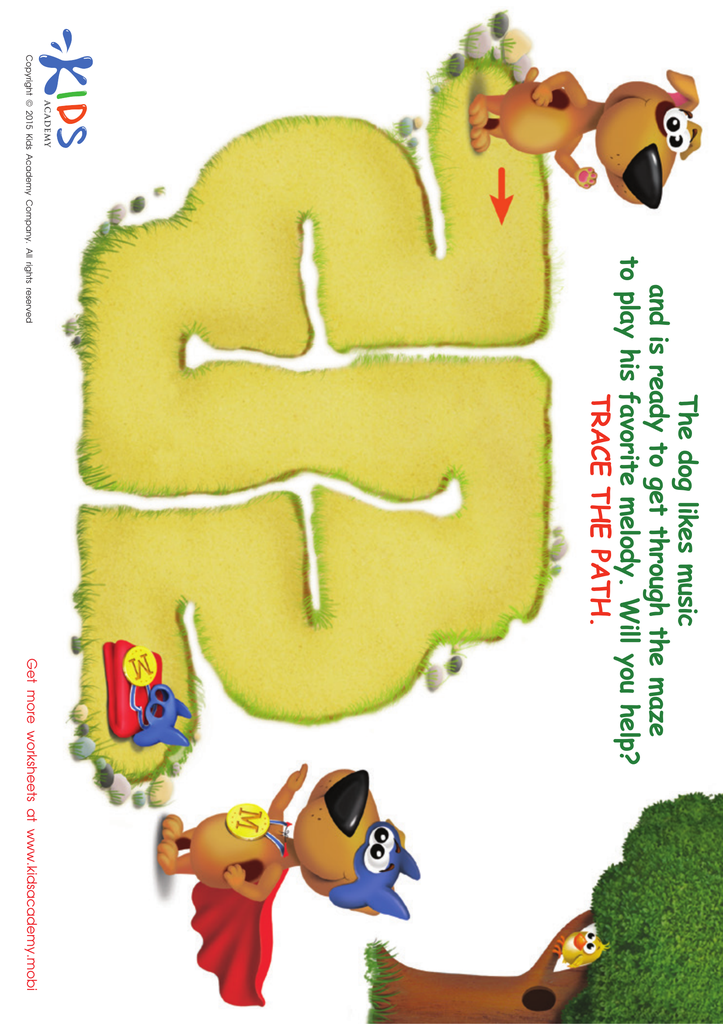

Superman Maze Worksheet
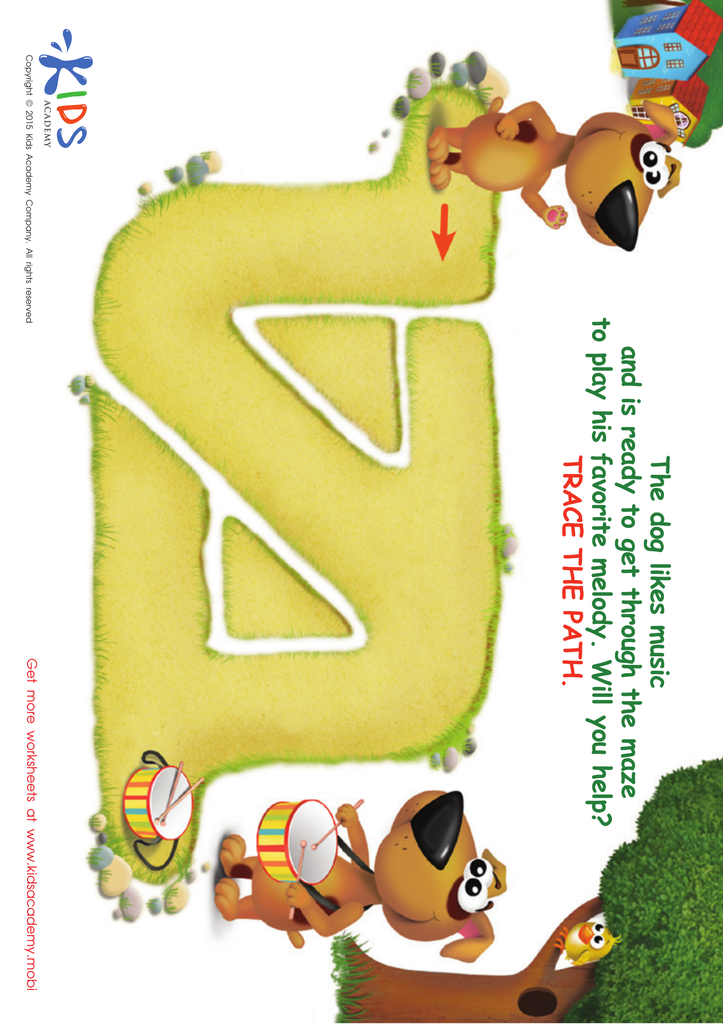

Drummer Maze Worksheet
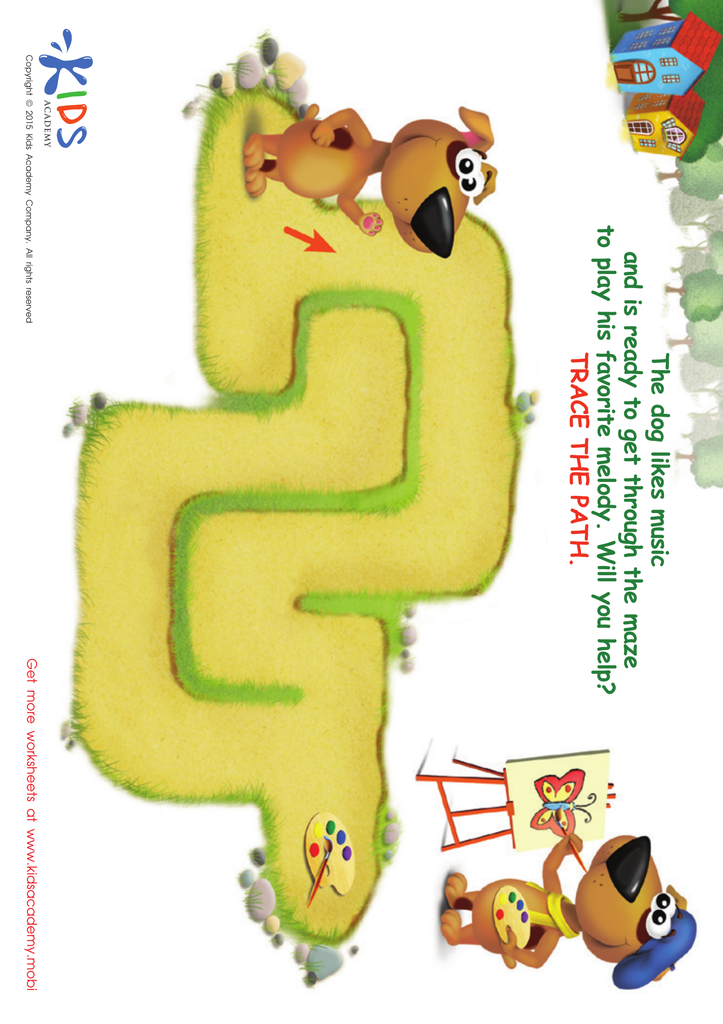

Artist Maze Worksheet
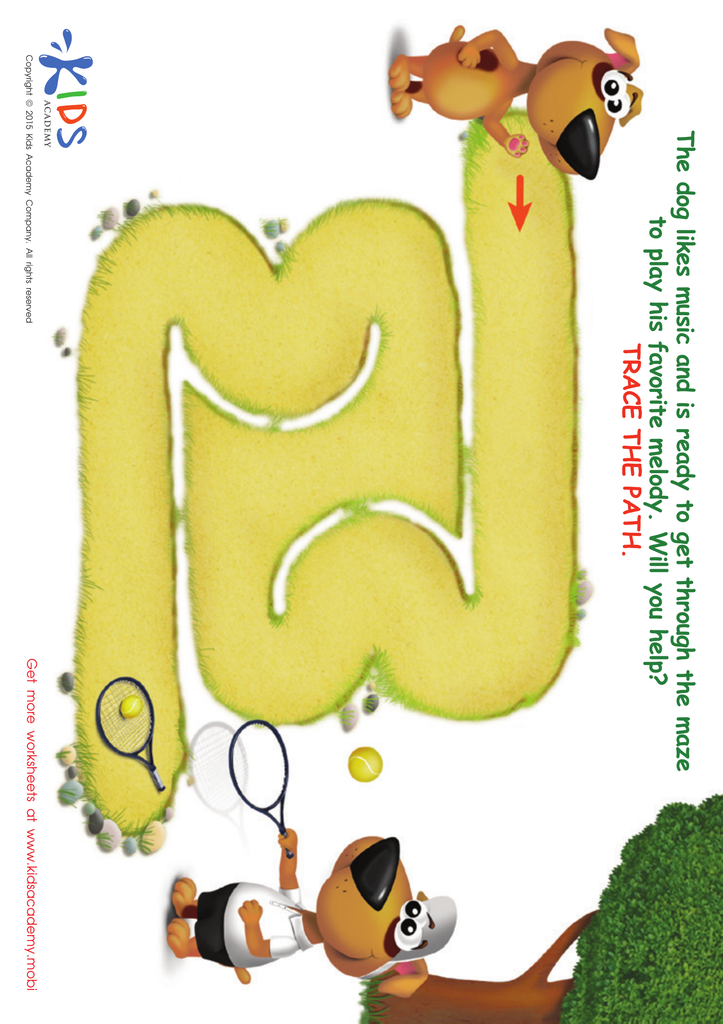

Tennis Player Maze Worksheet
Parents and teachers should prioritize fine motor skills and early math development for children aged 4-9 because these foundational skills are crucial for future learning and overall cognitive development. Fine motor skills, which involve precise movements requiring hand-eye coordination, are essential for tasks such as writing, drawing, and manipulating objects. Developing these skills encourages independence and boosts confidence as children master practical tasks.
Simultaneously, early math logic lays the groundwork for understanding basic mathematical concepts like counting, sorting, and patterns, which are essential for problem-solving and analytical thinking. These early experiences in math stimulate cognitive growth, enhancing a child’s ability to think critically and make connections between different ideas.
Research shows that children who have strong fine motor and early math skills are more likely to excel academically in later years. Moreover, integrating fine motor activities with math lessons—like counting beads or measuring ingredients in cooking—creates a multi-sensory learning experience that makes math fun and tangible.
By fostering these skills, parents and teachers can help children navigate their academic journey with confidence, preparing them for various subjects, including literacy, science, and beyond, ultimately supporting their overall development and lifelong learning.












